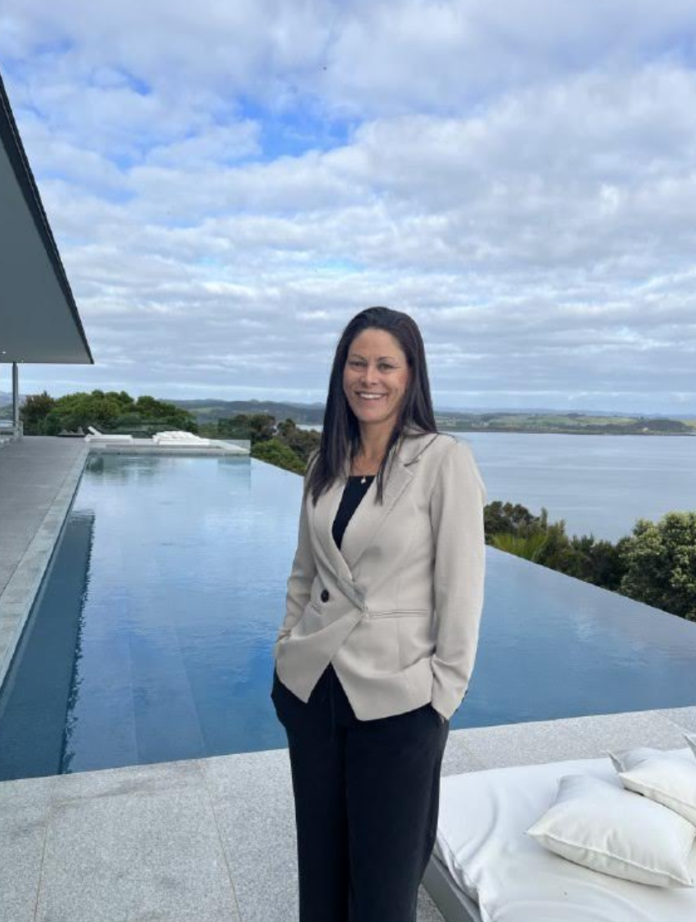I sometimes wonder where politicians get their advice from or how they decide what or what not is best for our country or its citizens.
My last few blogs have been centered around section 52 of the corrections act, and how parts of this act are detrimental to the effective rehabilitation of prison inmates, hence detrimental to Aotearoa as a whole.
When we go looking at the history of concerns based around rehabilitation, we discover concerns have been addressed, and ignored at the highest of levels.
In 2021, Sir Ron Young, Chairman of the Parole Board, wrote directly to Kelvin Davis expressing his concerns at the lack of rehabilitation, given, at that time, over sixty eight percent of prisoners appearing for their first parole hearing had not even started any rehabilitation programs, stating “It is difficult to understand the logic of Corrections’ approach”.
Sir Ron went on to say “The economic benefit of early rehabilitation is self-evident. Having people on parole earlier will reduce the prison population. When using the words economic benefit, the saving to the taxpayer but all his commonsense advice seemingly fell on deaf ears.
The concerns I raise above also brings into question the people who are effectively in charge of overseeing that the rehabilitation of our most vulnerable citizens.
Shouldn’t we as taxpayers expect better performance from executives such as the CEO of corrections, whose base salaries exceed $500K? Surly we should, at the very least, expect performance from the people charged with the well-being of our most vulnerable, not to mention performance for the eye watering budgets they oversee.
It is my intention to bring all these concerns to the attention of the justice select committee when I present my submissions to them around Social Justice Aotearoa’s want to change s52 of the corrections act, with the hope that the people that can actually create change in Aotearoa do some long-awaited enquiring into just what does go on behind closed doors.
Jackie Foster is the CEO of Social Justice Aotearoa.



Legal acts of pain and humiliation have always been open to abusive institution.
of course, you lock them up in a place that is not effectively a pipeline into organized crime. I understand that the NZ prisons are better at avoiding that than the ones we have here in Australia, but it still enough of an issue to rehibilitate.
“The most vulnerable”. Really?
Did you misspell your Daily Blogging name by leaving the W off the start.
If prisoners are not some of the most vulnerable people in this country, Helen Clark was the bloody Prime Minister of new Zealand for 9 years!
Have you ever been into a prison? or attended a parole hearing? because I have in a professional capacity and its a disgrace. I actually assisted a guy who was serving a 14 year sentence and was still there 22 years later due to no rehabilitation because it wasn’t being offered to him by Corrections, no fault of his own. He had served his time, actually time and a half and when he was released he had no support, no where to live, no income, nothing. if that’s not vulnerable then maybe you could tell us all what is.
I do believe in the power of rehabilitation although I wouldn’t quite say that I believe that rehabilitation should be a requirement for release from prison. I do also agree that convicts have the right to expect to spend the least amount of time in prison, not be penalised and then re-penalised in prison as time goes on, and on and on it goes.
The most important aspect of rehabilitation in my mind is that it has the powerful effect of stopping the cycle of abuse.
Comments are closed.